Man of Steel: A New Hope
此为初稿,最终版本发布于漫言。请见《超人:钢铁之躯》影评:新希望。
I never cared about Superman.
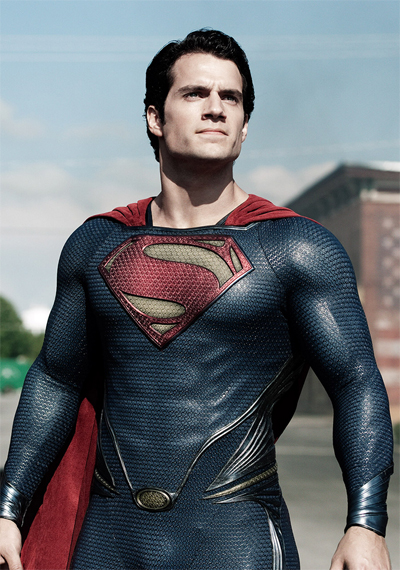
I felt that way, mainly because there were seldom good Superman-themed comic creations; and even if there were, due to various realistic constraints, I didn’t get a chance to appreciate ’em when I was young. I guess that was one of the most prominent reasons that contemporary Chinese audiences like me weren’t into this character in general to an extent. We lacked the broader cultural context; we didn’t get to witness an era labeled with aspiration and advancement that was painted golden by Jerry Siegel, John Williams, Richard Donner and artistic creators alike. That era has been long gone; we are now stuck in a time where people mock Superman’s cartoonish costume, the “simplicity” or “dullness” in personality, even end up referring him as the humiliating “big blue boy scout.”
However, to be all fair and such, these mockeries are not entirely originated out of thin air. The idea of Superman is a very old one, and to certain groups of people, there’s a chance that it’ll appear as boring. There’s a reason of him being the “archetypical superhero” as well. In an untrained pair of comic book fan’s eyes, Superman could even be the dullest among all the characters within the DC universe. He is a top-level power, yet unlike similar heroes in Marvel’s realms, that was either conflicted in a major fashion (Hulk) or constantly facing cosmic level threats beyond even his own means (Silver Surfer). The sort of nobility and strength makes it extremely hard to construct good villains as well, and a hero could only be only as good as his villains. Adding insult to injury, he is, to his core, a born-perfect alien, which makes him inherently difficult to relate to for mundane audiences. Superman’s most potent strength and greatest weaknesses are that he works better as a symbolic concept than a story-driven character.
Following this framework of deconstruction, we can easily sense the reasoning behind Warner Brothers’ decision that made Batman Begins the first hit of DC’s superhero movie reboot: the franchise has an easy-to-replicate modern worldview (Gotham was originated from NYC), Bruce Wayne is merely an ordinary man with tremendous resources and vigorous martial training, Batman’s overarching dark yet brooding tone also fits into the choice of director, Christopher Nolan’s style seamlessly. As a result, the Dark Knight trilogy milked the hell out of both box offices and critics’ mouths of praise; but while Marvel’s just about to initiate its “Phase 2” after 2012’s blockbuster The Avengers, DC’s Batcave goldmine has just gone exhausted. In order to compete with Kevin Feige’s upcoming MCU line-up, there’s only one superhero megastar in DC’s arsenal that’s more well-known than the caped crusader, but yet remains untouched. Here comes the Man of Steel, but will the miraculous formula apply to a Superman reboot after 2006’s disastrous Returns?
A Superman we urgently needed, but not the one that everybody wants
Since its premier, I’ve experienced Man of Steel in theaters twice. In short, Man of Steel presents a Superman we urgently needed, but not the one that everybody wants. Before we get into the details of the content, I would like to point out that there are two kinds of moviegoers that will definitely NOT walk out of cinema with their expectations fulfilled. The first kind being the people wanting Man of Steel to be an exact hi-def re-release of the Donner and Reeve’s version; they label Superman as light-hearted, bright and funny, and will refuse any changes to the character’s construction outside of their set boundaries whatsoever. What they failed to realize was the fact comic book characters like Superman have typically gone through countless drastic revisions in the hands of different creators throughout many decades, and even if there’s a vaguely hinted official “canon” to stick to, the diversity (thus the room for creative explorations) was more of an appreciated feature than a blamed fallacy. Man of Steel was not a Reeve’s replica; it has a much more down-to-the-earth and serious tone, with some occasional dark elements brought in by the famed producer Christopher Nolan. But that doesn’t mean it won’t disappoint the second type of audience: people that want this to be a straight-up The Dark Knight sequel simply because they see Nolan, Goyer and Zimmer’s names in the staff list. Spoiler alert: it isn’t.
Man of Steel is first and foremost a Zack Snyder movie, and this is without doubt his most realistic yet visually stunning creation thus far. The film’s first act starts on Krypton, narrating the background story that even the non-comic fans are familiar with: in the planet’s dying days caused by both environmental hazards and General Zod’s civil war, scientist Jor-El sends his infant son to earth, wishing him carrying on the legacy of his people. Snyder’s signature, stylish visuals with vivid tones depicted the most marvelous Krypton on silver screen I’ve ever seen (I won’t mind a 3-hour Kryptonian movie solely featuring Zod and Jor-El at all), and Russell Crowe delivers the best version of Superman’s blood father, even exceeding the bar set by Marlon Brando decades ago.
With a direct tribute to Mark Waid’s and Leinil Francis Yu’s storyboard in Superman: Birthright, the movie proceeds to reveal the last son of Krypton – now the earthling named Clark Kent’s growth, with various flashbacks at critical moments. Zimmer’s piano score does a really good job carrying the emotion in this rather peaceful act. The supporting cast is overall great, especially the interactions between Clark and his earth parents are heart-touching. Meanwhile, Snyder goes full blown with the geeky references in this act: from the dialogues in Grant Morrison’s All-star Superman, borrowed plotlines from Superman: Earth One, parallel scenes that resembles Mark Waid’s’ Kingdom Come, and tributes to Jack Kirby’s character designs of his later years. Almost everything seems heavily inspired by the classic Superman comics, besides… Superman himself.
Indeed we are given a very different interpretation of Clark Kent that no one has seen before. As the lone son of Krypton, he is the last of his kind; surely he has all the time and power desired in this multiverse, but what’s more tragic than not knowing one’s own past, and purpose of future? As a habitant of earth, he is supposed to be the best of them all, but yet he’s always misunderstood, isolated and heavily bullied, regardless where he tries to fit in. Bullies in junior high pushed him against the wire netting at a suburban garage, kid’s beating hurts his heart more so than his skin; his talented auditory sense opens him to every breath and heartbeat of the billions on this planet, but none could share his overwhelming loneliness.
Man of Steel borrows the classic superhero dilemma that Kurt Busiek explored in Superman: Secret Identity: if you had all the powers in the world, would you stop to save people when it’s an inconvenience to yourself? And on the other hand, if something hazardous that no normal person could ever hope to stop breaks out, would you risk everything when your chances are no better, and no one would blame you if you simply give up or pass by?
These are the tough questions that will be pondered by Clark Kent throughout the narrative, alongside Jor-El, or say Kryptonian civilization’s, dilemma of aspiration: “What if a child dreamed of becoming something other than what society had intended? What if a child aspired to something greater?” And they didn’t go away after young Clark puts on the Kryptonian suit. Well, let’s rephrase that – these conflicted situations are exactly the reason that forced him to put on the suit. Yes that’s right, say bye to the famous “rescuing Lois from falling helicopter” scene, Clark Kent’s alter ego doesn’t even have a shiny official introduction moment in Man of Steel, because Armageddon in the name of General Zod is impending, and human race only got 24 hours left.
Michael Shannon makes a hell of General Zod. His Roman emperor look, glowy eyes and spiky bowl-cut screams the 70s’ DC art style all the way. Zod is an tremendously well-constructed villain that delivers some of the most powerful performances in town, I even teared up a few times during his narrative. And speaking of Henry Cavill… this man IS Superman. His godlike physique makes him the ideal crossbreed of Synder’s “perfection of physical form” fetish and Alex Ross’ Olympian, magnificent strokes; yet his earthling ego is relatable and likeable thanks to the American accent and those ridiculously seductive smirks. Hell, even I’m willing to dress up just to attend a fancy dinner date with him let alone say all the girls and ladies out there.
When an unstoppable force encounters an immovable object, we have the final act of Man of Steel – a gigantic clash between gods. Quoting Todd Gilchrist, Synder solves the problem the Wachowskis struggled with in the Matrix trilogy: how do you keep a fight exciting when it’s between two people who cannot be hurt? This movie answers that with the scale of collateral destructions. I won’t spend too much time praising the VX but it’s simply the most impressive superhero spectacle I’ve ever seen, making The Avengers looking like a girly pillow fight. When the World Engine was released, I got goose bumps all over. Yes. Man of Steel reminds us that it is a good ‘ol Sci-fi film. When the final showdown between Zod and Superman broke loose, I was way overly excited because yes, this is exactly how I imagine Kryptonians fight. They fight like gods, because let’s be honest for a moment, they basically are.
Around the end of the film, there are some “codex-breaking” scenes that are determined to cause great disputes, and indeed they did. People screams around that this totally made Superman out of character because he wasn’t the perfect, ultimately benevolent snowflake that Reeve let the audience dreamed of 30 years ago. And you are damn right he’s not. Just like Batman Begins, dealing with imperfection is the point of Man of Steel. This Superman has just learned how to fly, or properly use his powers; it’s simply unrealistic if he immediately turned into this almighty all-father that never makes even a slight mistake.
In fact, I kinda appreciate those scenes for opening up some exciting opportunities for sequel’s character development: just imagine what will happen when Superman needs to face the consequences of all the destructions? What if the inevitable decisions he made haunt him for years to come? On top of all these, what if the future villains, such as Lex Luthor, manipulates the outcomes of these events to destroy Superman, mentally and ethnically? (Birthright tribute, anyone?) And this is what this film does best – it opens up an ocean of possibilities. It also answered the two questions that studios have been wondering for the past decade:
Can an old-time superhero classic get a modernized revamp?
Moreover, can Warner Brothers, Legendary and DC craft a broader, shared cinematic comic universe, just like Marvel’s MCU?
Yes he can.
Yes they can.
Man of Steel is far from the level of artistic perfection that a Superman screen adoption deserves. Besides some unfair comparisons, such as criticizing this as if it’s 2013’s The Dark Knight, a lot of flaws that critics pointed out were in fact, legit. Man of Steel is yet another Bioshock Infinite experience for me: it receives so much hype and looks so good at the initial glance, but tearing it down afterwards one could pick out countless minor gripes: storytelling could be clearer; not enough time was given to the emotional moments to let those “kick-in”, the second act’s pacing this seems slow yet rushed; the final battle’s treatment could be more elegant, by introducing more variety and purpose.
But to be honest, movies, just like video games, are cohesive artistic creations that pulling individual details out of the context is mostly nit-picking at best. And just like the 10 hours I spent in Bioshock Infinite, Man of Steel is one of the most immersive, emotional superhero movie-going experiences I’ve ever been to. After reading a few good paperbacks during the past year, and Man of Steel being the ultimate nail in the coffin, I finally care about Superman. I finally believe in a man named Clark, a man with a cape that resembles the scarlet of Kryptonian suns, a suit as azure as canvas of the most distant galaxies, a man that’s not a bird, nor a plane, but that man can fly.
When I was young, I have no interest in an character that always does the right thing. Boring, what’s the excitement in that? But as I grew older, I tend to appreciate the character that Superman projects more and more. I like a character that will always do the right thing, because it shows the strength / nobility of character and a level of determination that I hope to have myself.
That strength is carried out through selfless heroism; this may be a “bonus feature” to other characters but superman is entirely built around such notion; that’s all he has, and all he’ll ever have. That strength is originated from the inherit love. As the aforementioned dilemma stated, he doesn’t have to save any of us, he chooses to save because he cares. Because he cares, Kal-El, the last son of a distant planet, chooses to become the guardian of the blue world that housed him. Clark Kent is an outsider of humanity, but yet he processes the greatest love towards earth, or the entirety of human race, that exceeds any and every one of us. He has the most tremendous power in the universe, yet he admires the strength in humanity beyond the weaknesses and pettiness, and strives to bring everyone to be their best selves. In Grant Morrison’s “All-star Superman,” one of the most beautiful moment was when the Superman 1,000,000 gifted earth a golden, indestructible flower from New Krypton in tribute of Jonathan Kent, because the old man from Kansas once represented all that mankind can ever aspire to achieve.
This is also why Superman can tell stories that no other superhero can. In Brett White’s words, “a Frank Miller Batman story is just a few shades darker than a Frank Miller’s Daredevil story,” but when Superman is done right, no other character can replace him. The good Superman stories captures his vulnerabilities, but the best ones understand Superman’s significance as the world’s first superhero, as the symbol for heroism and hope. Morrison hit the nail on the head when he presented a world without Superman in an issue of “All-Star,” and that world contained artists that created Superman because every world needs a Superman, real or fictional.
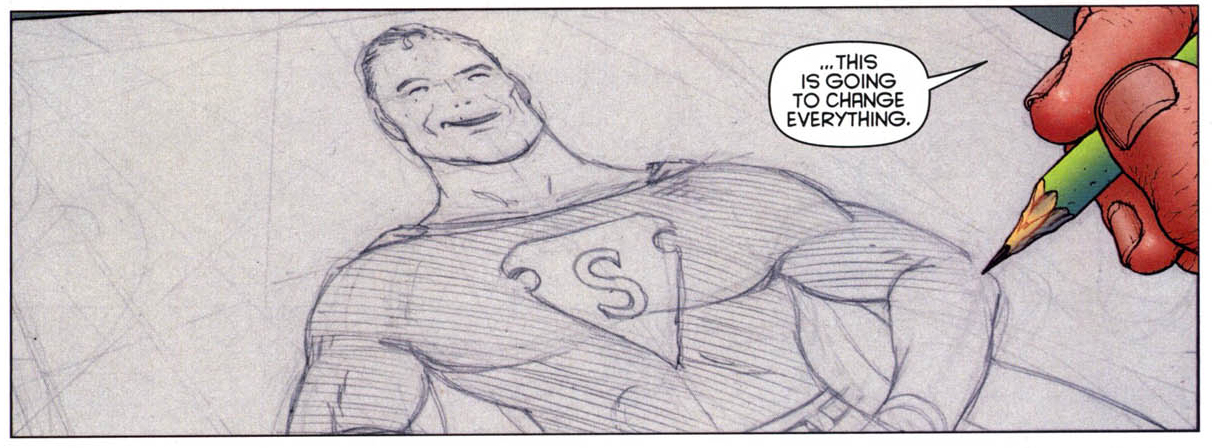
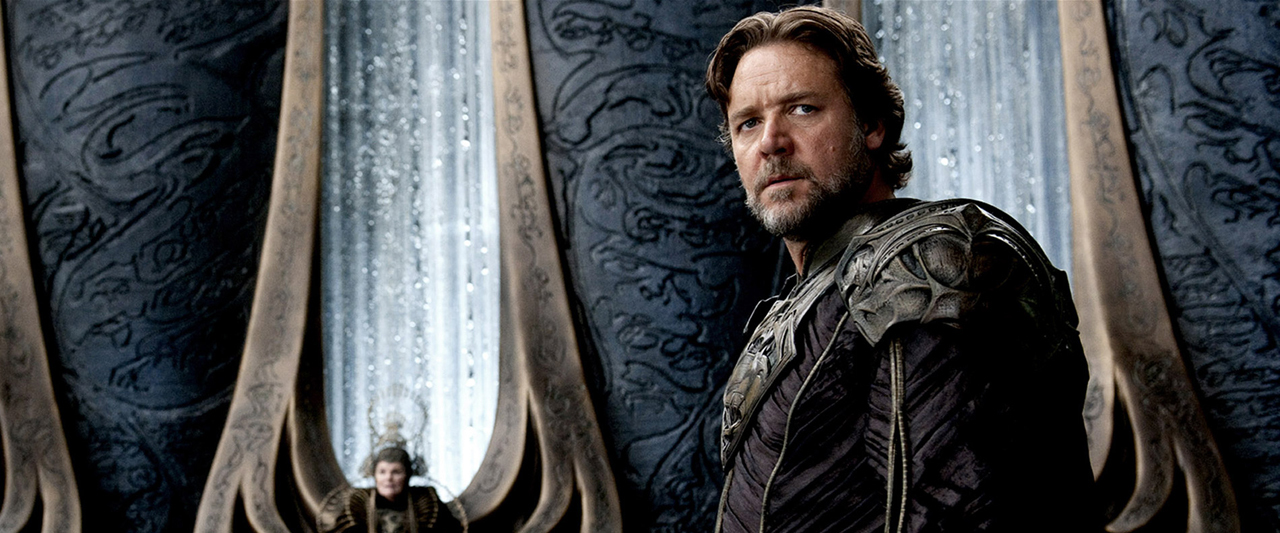
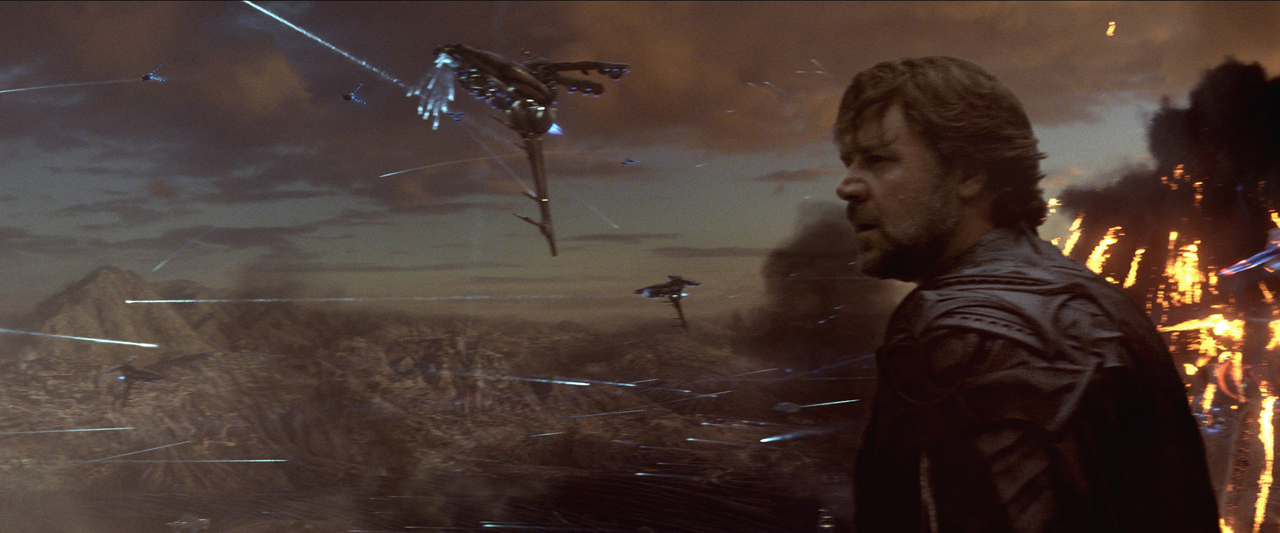
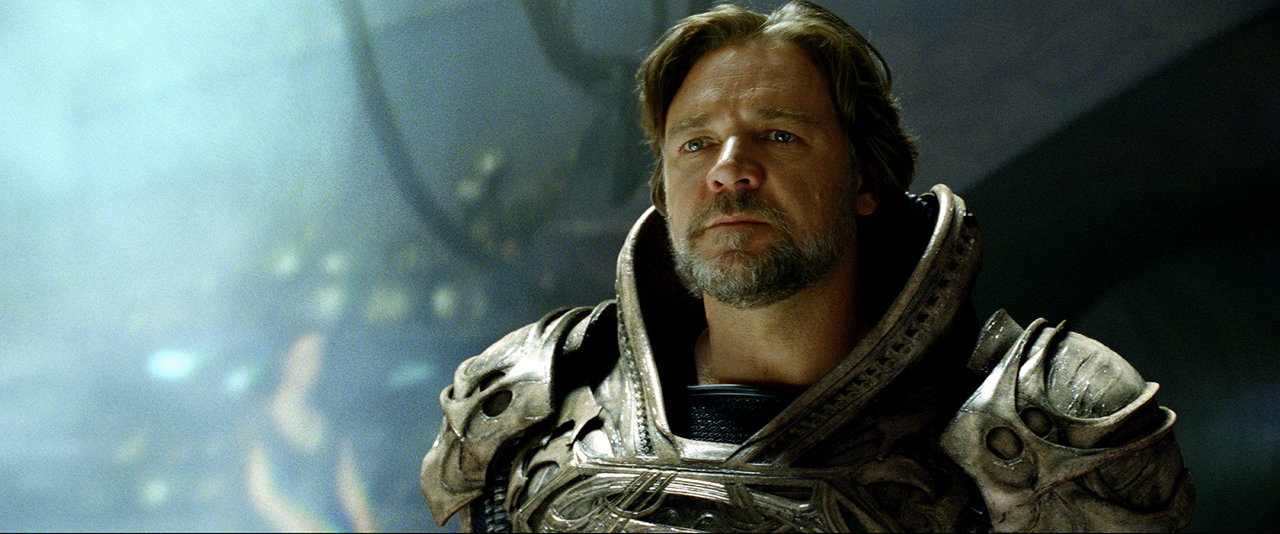
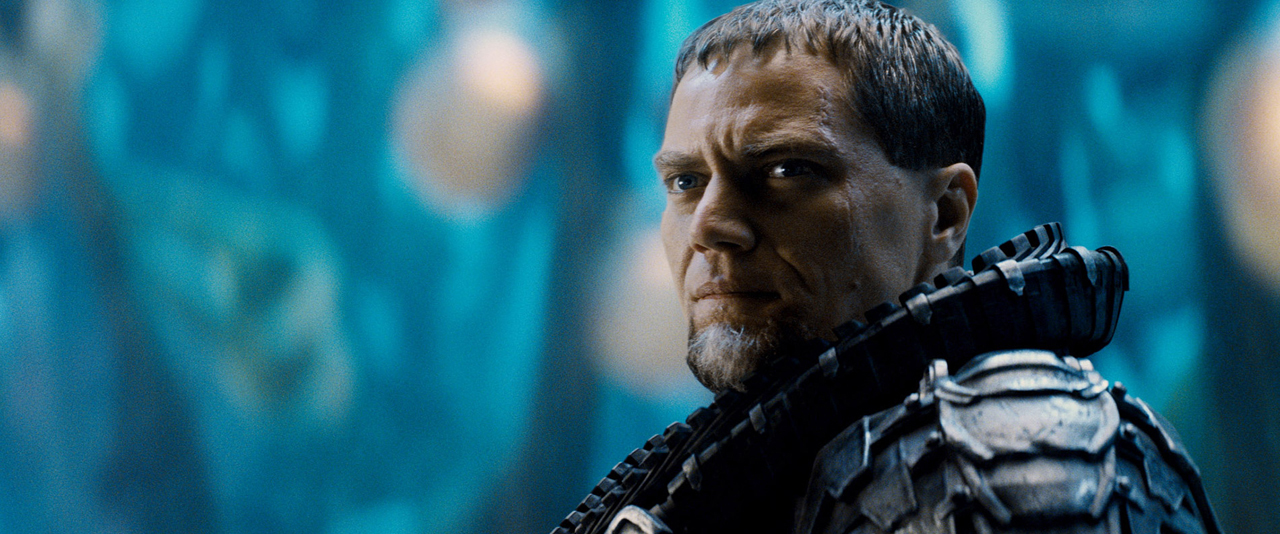
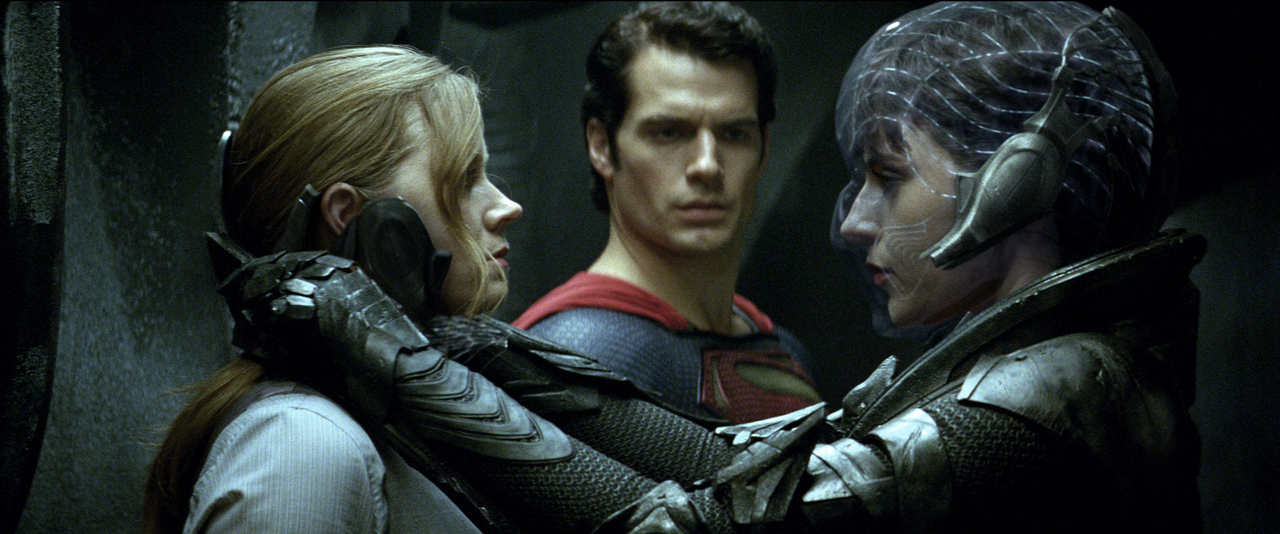
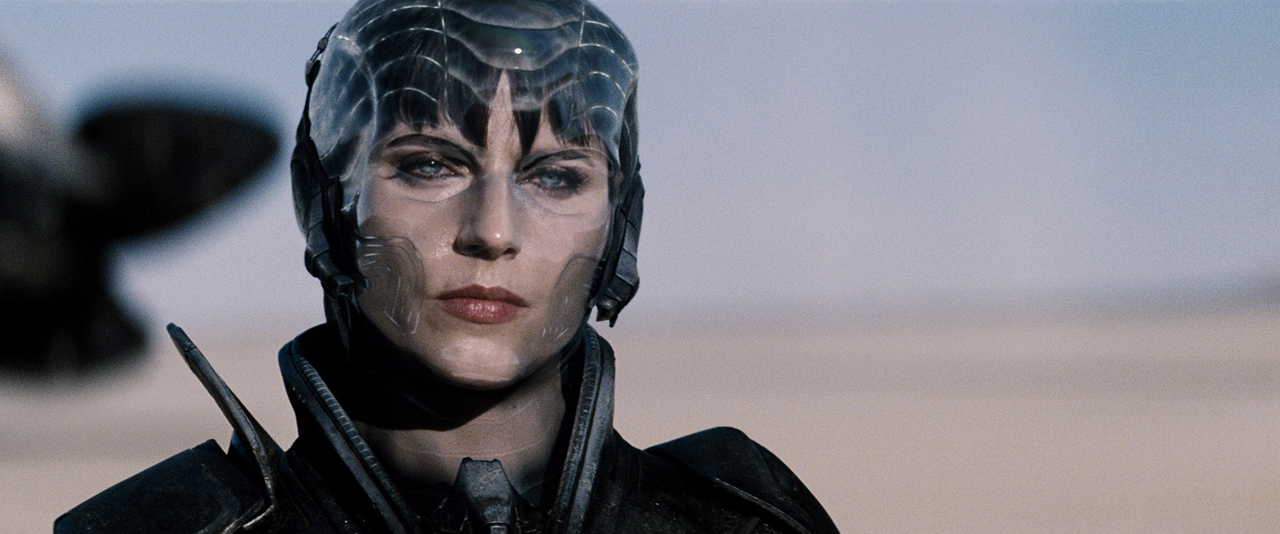

这文章看的真是让人赏心悦目。